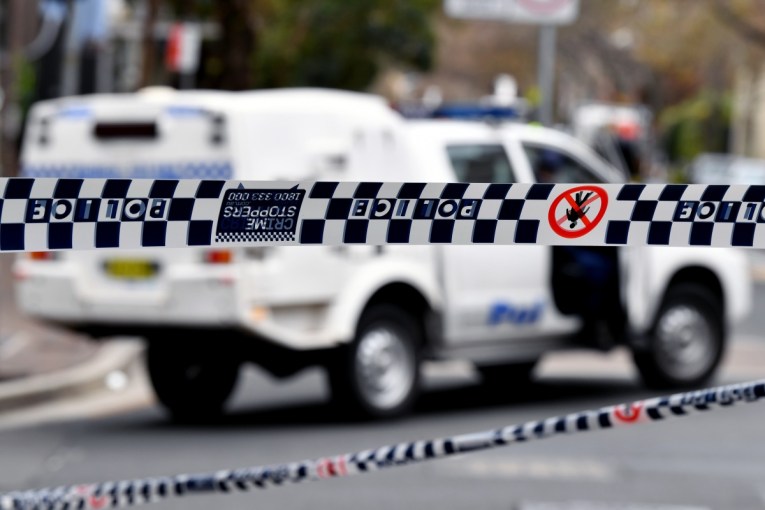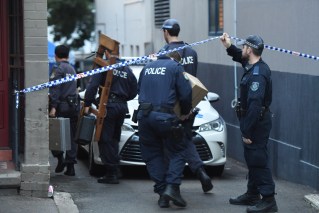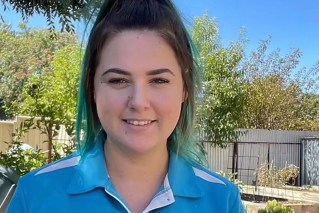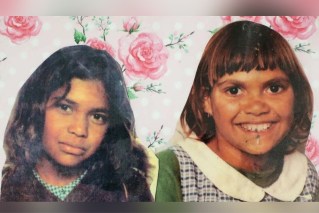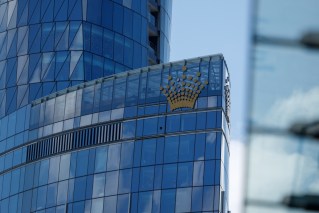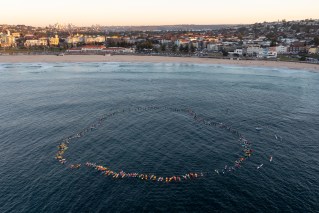Whale calf freed from netting off Sydney first became entangled in southern Queensland

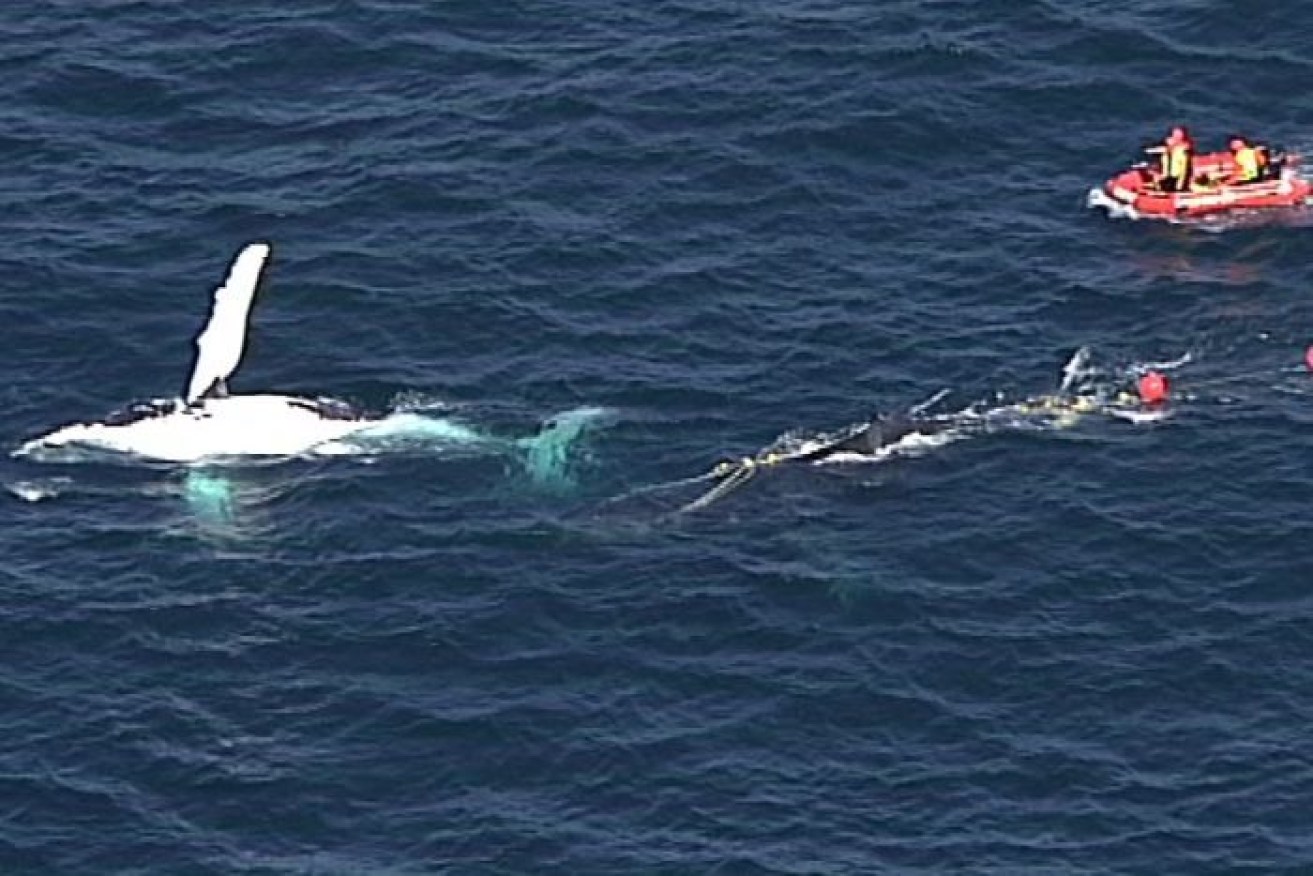
Rescuers hoped milder conditions on Friday would help rescue efforts. Photo: ABC TV Photo: ABC TV
A humpback whale calf freed from a shark mesh panel most likely dragged the netting hundreds of kilometres down Australia’s east coast from as far north as Noosa.
Shortly after the calf was freed on Friday morning, the NSW Department of Primary Industries released a statement laying the blame on the Queensland government.
“The NSW Department of Primary Industries (DPI) can confirm the whale was definitely NOT entangled in its SMART Drumlines,” it said in a statement.
“The whale was entangled in a shark mesh panel from the Queensland Shark Control Program which it has carried down the coast from Coolangatta or Noosa.”
The whale entanglement is one of an unprecedented number this migration season.
The Organisation for the Rescue and Research of Cetaceans in Australia (ORRCA) said the number of whale entanglements in NSW this season was unprecedented and there had only been a handful of successful rescues.
“The number has been incredibly high,” ORRCA president Jacqueline O’Neill said.
“There has been close to 40, if not just over 40. Last year, we had just over 20.”
Ms O’Neill said the spike is likely largely due to the explosion in the number of humpback whales following stricter whaling laws, and because the migration season now runs almost year-round.
The tired and distressed calf, which has been swimming south alongside its mother with part of the net stuck in its mouth, was first reported to authorities earlier in the week after it was spotted at Scott’s Head on the NSW mid-north coast.
It was then spotted again on Friday morning about 7.30am at Bilgoa Beach, about 30km north of Sydney’s CBD.
Lawrence Chlebeck, a spokesman for Humane Society International (HSI), said the latest entanglement was entirely avoidable.
HSI took the Queensland government to court over its shark control program in the Great Barrier Reef National Park and won.
“They continue to use methods that are unable to protect swimmers and yet kill our precious marine wildlife. It needs to end,” he said.
Whale watchers estimate up to 30,000 whales, plus all the newborn calves, make their way down to Antarctica this year, with fishing lines impacting their migration path.
-with AAP
